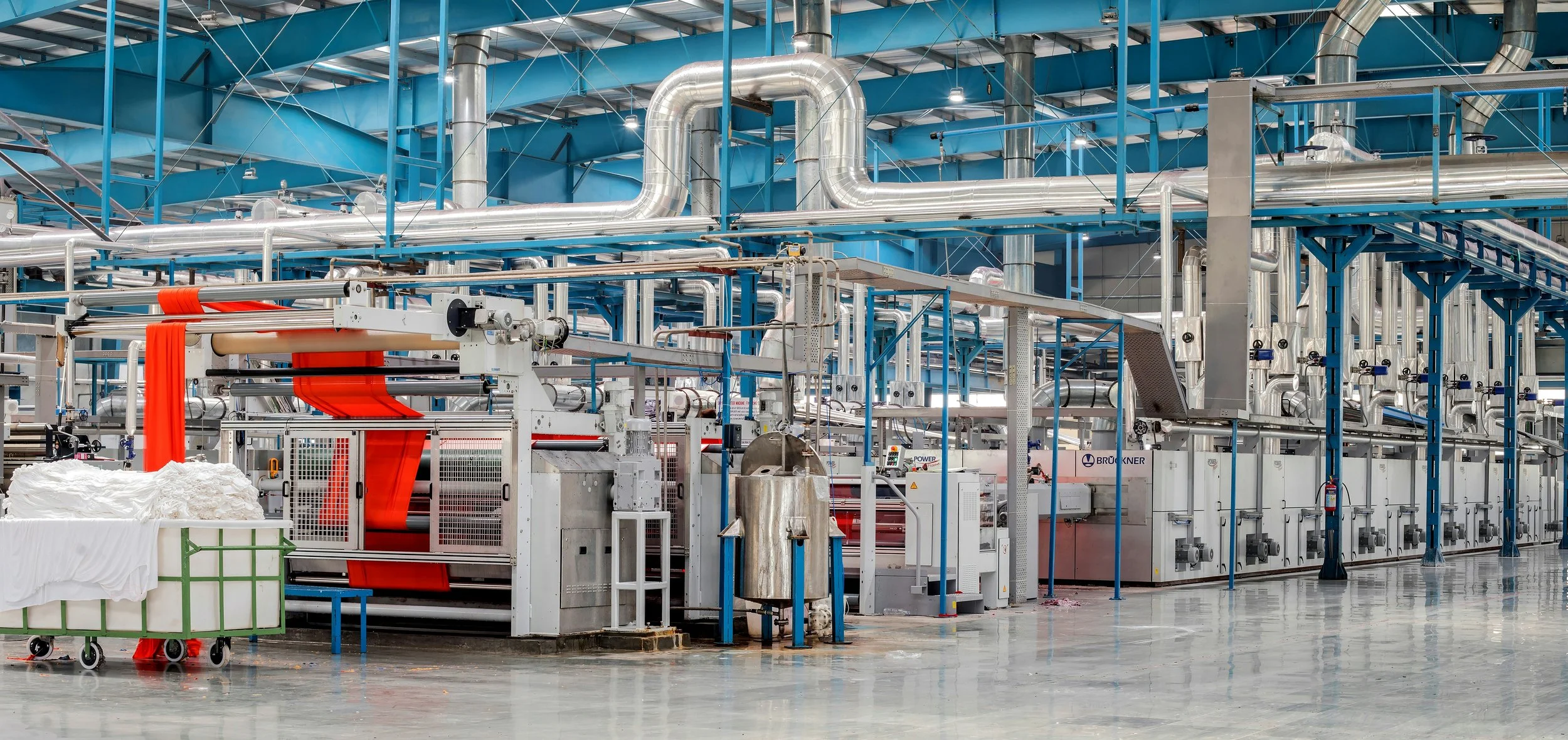OBBBA and Manufacturing: Key Tax Savings in 2025
New tax benefits for your business
The One Big Beautiful Bill Act (OBBBA), signed on July 4, 2025, represents one of the most significant tax changes in recent years for the U.S. manufacturing industry.
Why does it matter? Because manufacturing is a sector with high capital costs, constant financing needs, and innovation processes that require ongoing reinvestment. The OBBBA introduces new deductions, credits, and incentives that can help businesses of all sizes—from small shops to mid-sized plants—improve cash flow and legally lower their tax burden.
Key Tax Benefits from OBBBA for Manufacturers
1. 100% Immediate Depreciation for Machinery and Equipment
Before OBBBA, the rule was clear: machines, warehouses, or production lines had to be depreciated gradually over several years (5, 7, or even 39). That meant you couldn’t recover your investment quickly on your tax return.
With OBBBA, 100% depreciation is now immediate for most property acquired after January 19, 2025. A special category for “qualified production property” was also created, which includes non-residential buildings used directly in manufacturing activities within the U.S.
Example: If you purchase $500,000 in industrial machinery in 2026, you can deduct the full $500,000 that same year instead of spreading it out over 10 years. This frees up immediate cash to reinvest or pay down debt.
2. Larger Interest Deduction Using EBITDA
Manufacturing businesses often rely on loans to finance machinery, expansion, or modernization. Previously, interest deductions were limited based on EBIT (earnings before interest and taxes).
OBBBA changes the formula to allow EBITDA (which includes depreciation and amortization). What does this mean? You can now deduct a larger portion of your interest payments, significantly reducing your tax bill.
Example: If your company pays $200,000 in interest for a plant upgrade loan, using the new EBITDA rule means a greater portion of that amount becomes deductible.
3. Immediate Deduction for Research & Development (R&D)
Innovation is critical in manufacturing—whether improving processes or developing new products. Under OBBBA, you can now deduct 100% of U.S.-based R&D expenses immediately, rather than amortizing them over several years.
So if you invest in testing new materials, automating production lines, or designing an export-ready product, you can deduct those costs right away and get tax savings upfront.
If your R&D projects are tied to foreign sales, the new FDDEI (Foreign-Derived Deduction Eligible Income) category may further improve your export-related tax position.
⚠️ This deduction isn’t for buying machines—it’s for investing in research and design to create or improve one.
Example: If you own an ice cream machine and decide to develop a new version from scratch to enhance performance, this deduction could apply.
4. Entity Structures and Cash Flow Adjustments
OBBBA makes the 20% Qualified Business Income (QBI) deduction permanent for pass-through entities (LLCs and S Corporations) and expands the exclusion for small business stock gains.
This could directly influence how you structure your business:
If you’re an LLC or S-Corp, you’ll continue benefiting from the 20% deduction on net income.
If you’re a C-Corp seeking investors or international expansion, new FDDEI and NCTI rules will affect how your foreign income and profits are taxed.
Your legal structure will now more than ever affect your after-tax cash flow.
5. Global Impact & Supply Chains
Manufacturing isn’t just local anymore. Many companies depend on imported supplies and export finished goods. OBBBA modifies international taxation rules:
Renames and replaces FDII (now FDDEI) and GILTI (now NCTI).
Adjusts effective tax rates for international operations.
Keeps pressure on global supply chains in a world of tariffs and trade agreements.
Example: If you import parts from Asia and export finished goods to Europe, you’ll need to reassess the tax treatment for each transaction and the potential impact of foreign tax credits.
So, what should you do now?
Evaluate if now is the right time to invest in machinery and take the 100% depreciation.
Review your current loans and analyze them under the EBITDA rule.
If you invest in R&D in the U.S., make sure to track and deduct those full expenses.
Talk to a CPA to assess if your current structure (LLC, S-Corp, or C-Corp) is the most tax-efficient under the new law.
If you operate internationally, review your export strategy and supply chain from a tax perspective.
With Jambrina CPA, Turn Law into Strategy
At Jambrina CPA, we help you understand how the OBBBA affects your manufacturing business in Houston—or anywhere in the U.S. Our team of bilingual CPAs turns complex legislation into actionable strategies so you can:
Pay less in taxes—legally
Optimize loans and equipment investments
Plan your accounting with clarity
Strengthen your position in both local and international markets
Subscribe to our newsletter and get new posts delivered straight to your inbox.



